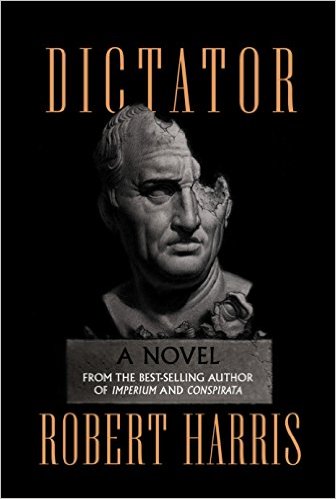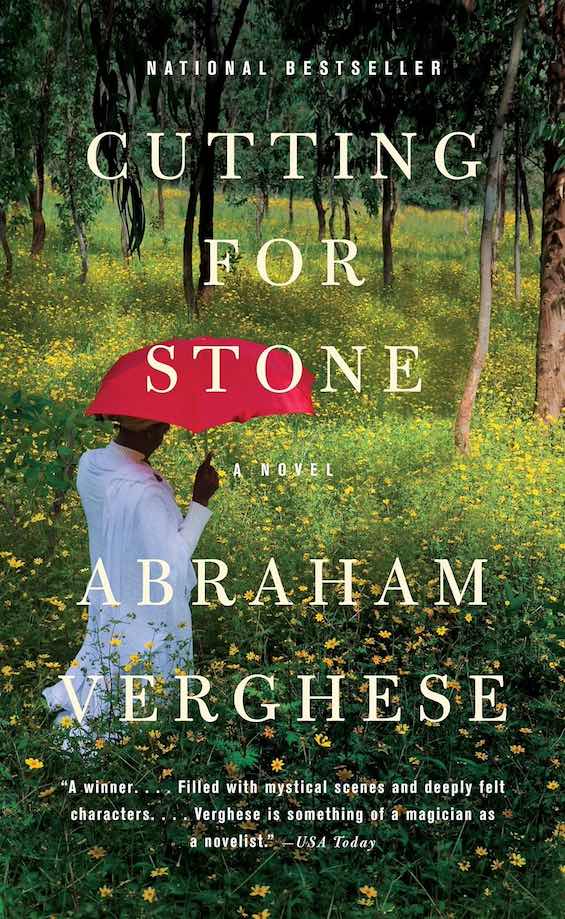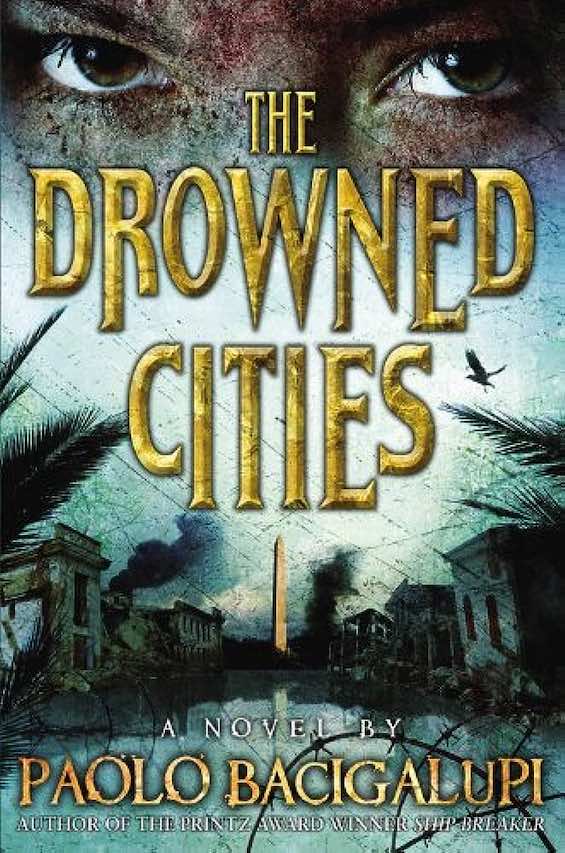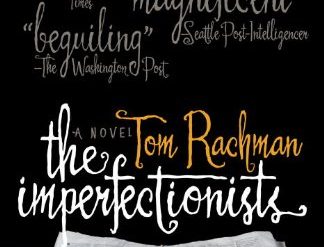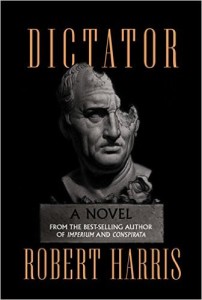
The Roman empire endured for four centuries as the dominant force throughout the Mediterranean and, in its Eastern manifestation, lasted for another eleven centuries. Yet our picture of ancient Rome is dominated by a few familiar names, Julius Caesar, Mark Antony, Cleopatra, Cato, and Cicero most prominent among them. It’s deceptively easy to overlook the fact that these five powerful personalities were contemporaries, and they lived most of their lives before the Roman Empire was even founded! And the Rome they knew was a republic which lasted for five centuries before the empire was established.
Estimated reading time: 4 minutes
In all this history, two millennia worth, one of the most consequential was the first century BCE, which witnessed the disintegration of the republic and the founding of the empire. This is the era depicted in Robert Harris’ three-volume biography of the peerless politician and orator, Cicero. In Dictator, the third book in the trilogy, Harris covers the last fifteen years of Cicero’s life — one of the best known periods in the history of Western civilization and one in which Cicero himself played an outsize role as the leading defender of the Roman Republic.
Dictator (Ancient Rome Trilogy #3) by Robert Harris (2015) 384 pages ★★★★☆
Cicero, the most famous man in Rome?
Though Caesar, Antony, and Cleopatra are far more recognizable figures today, it’s likely that Cato (the Younger) and Cicero, in their time, were equally if not more famous throughout the wide reaches of the republic. Both were orators and politicians, the celebrities of their day. If Harris’ portrayal of Cato is to be trusted, he possessed little political skill.
Perhaps the closest analogy in today’s terms would be Donald Trump. Cato knew no limits. He spread insults with abandon, touching one and all. He listened to no one. His only guidepost was his own extremely narrow view of the truth. By contrast, Cicero could be recognized today as a brilliant politician. He was also a legendary orator, capable of turning a crowd of thousands from despair to hope and from disapproval to approbation. However, the rhetorical tricks he employed would get him into a great deal of trouble today. At his peak, he employed ridicule, cruel mimicry, and slanderous charges to win in the courts and the Senate alike. None of that would work well on television!
Caesar’s rise and fall
During the final years of Cicero’s life, Rome erupted in civil war. First, Caesar squared off against the much older Pompey, a legendary general in his own time and still one of the most powerful and richest men in Rome. As we know, Pompey lost. Later, after Caesar’s year as dictator ended with his assassination, war broke out again among his would-be successors. Chief among these were Antony and a teenager whose defeat of Antony positioned himself a few years later to become Augustus, Rome’s first emperor. All these events are beautifully portrayed in Dictator.
Bowing to history
Dictator, like the two volumes that preceded it, purports to be a biography of Cicero written by his long-time secretary, Tiro. A former slave, freed on his fiftieth birthday, Tiro outlived Cicero by more than thirty years. He died only a few years before his one hundredth birthday. Harris did not make him up. In fact, Tiro gained a measure of fame in later years for having invented a shorthand system used for several centuries. From that system we have inherited such useful devices as &, e.g., and etc. Harris’ account of Cicero’s life and times hews closely to the historical record in other respects as well.
About the author
Robert Harris is a popular and highly successful British author. In addition to the Cicero trilogy — Imperium, Conspirata, and Dictator — he has written eight other novels. Several (Fatherland, Enigma, and The Ghost) have been adapted to film. Six years ago I reviewed Conspirata, the second novel in Harris’ trilogy of ancient Rome, here. I also reviewed An Officer and a Spy about the Dreyfus Affair, and The Fear Index, about the world of hedge funds. I’ve never read a bad book by Robert Harris.
For related reading
This is one of The spellbinding thrillers of Robert Harris.
For another mystery set in the same period, see The Silver Pigs (Marcus Didius Falco #1 of 20) by Lindsey Davis (Imperial Rome is the setting for this intriguing mystery).
If you enjoy reading history in fictional form, check out 20 most enlightening historical novels. And if you’re looking for exciting historical novels, check out Top 10 historical mysteries and thrillers.
You might also be interested in The five best novels about politics and 10 top popular novels.
And you can always find my most popular reviews, and the most recent ones, on the Home Page.

